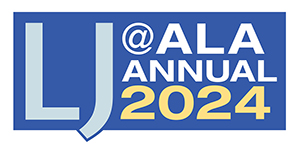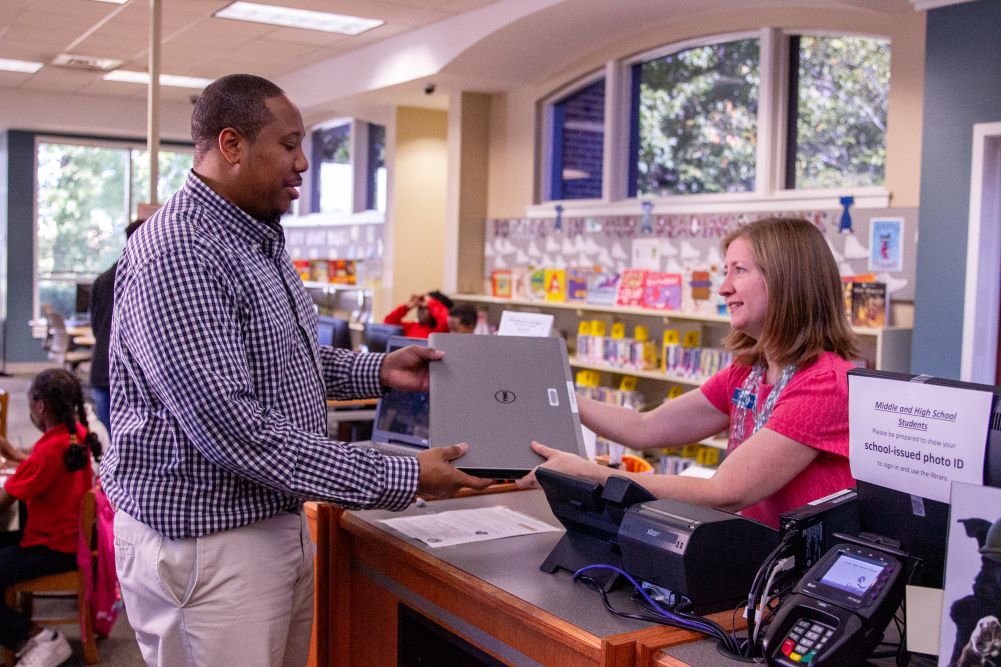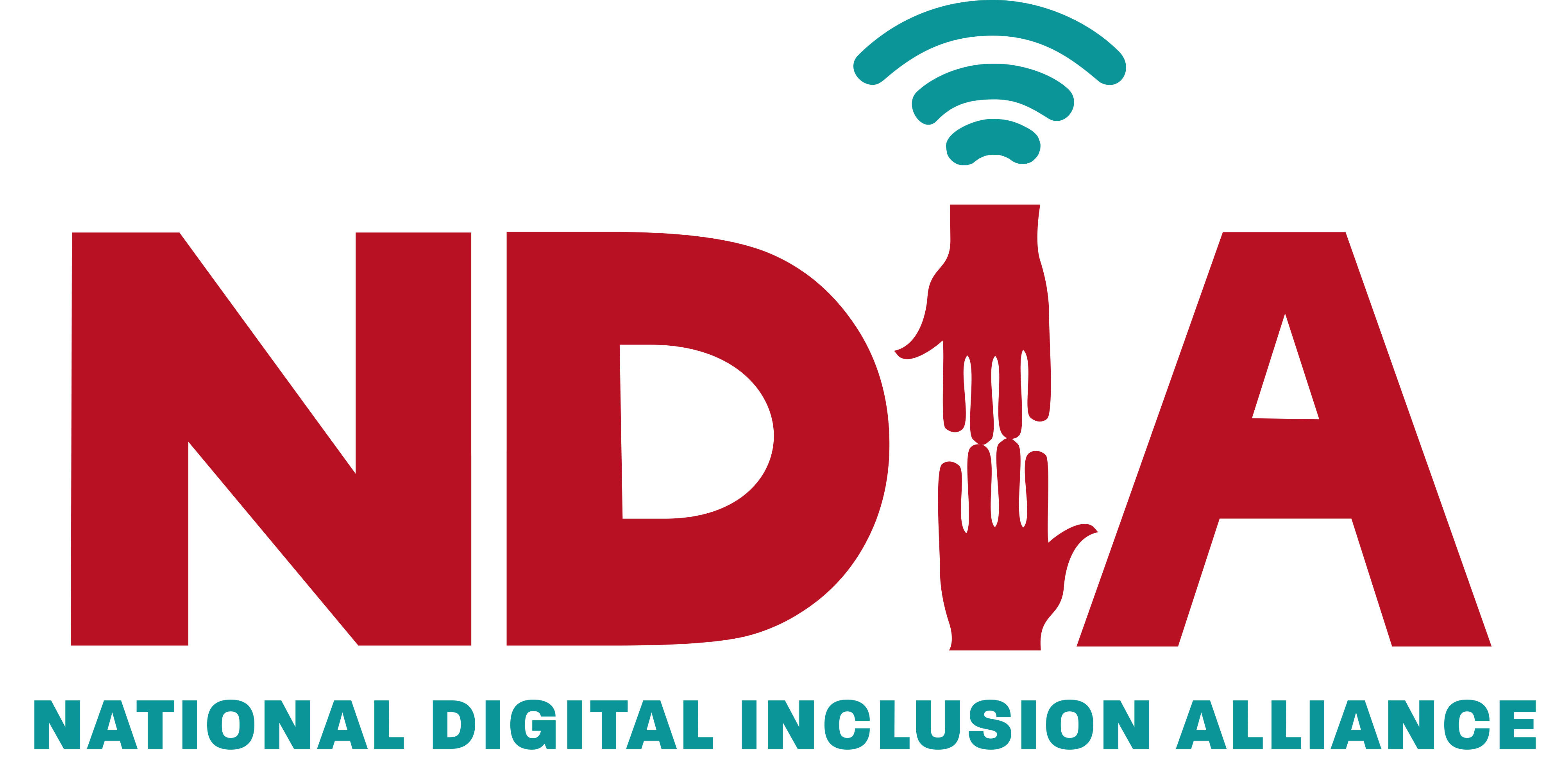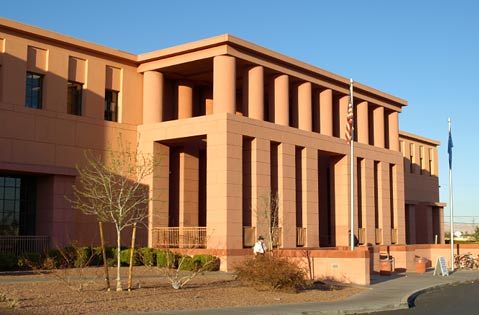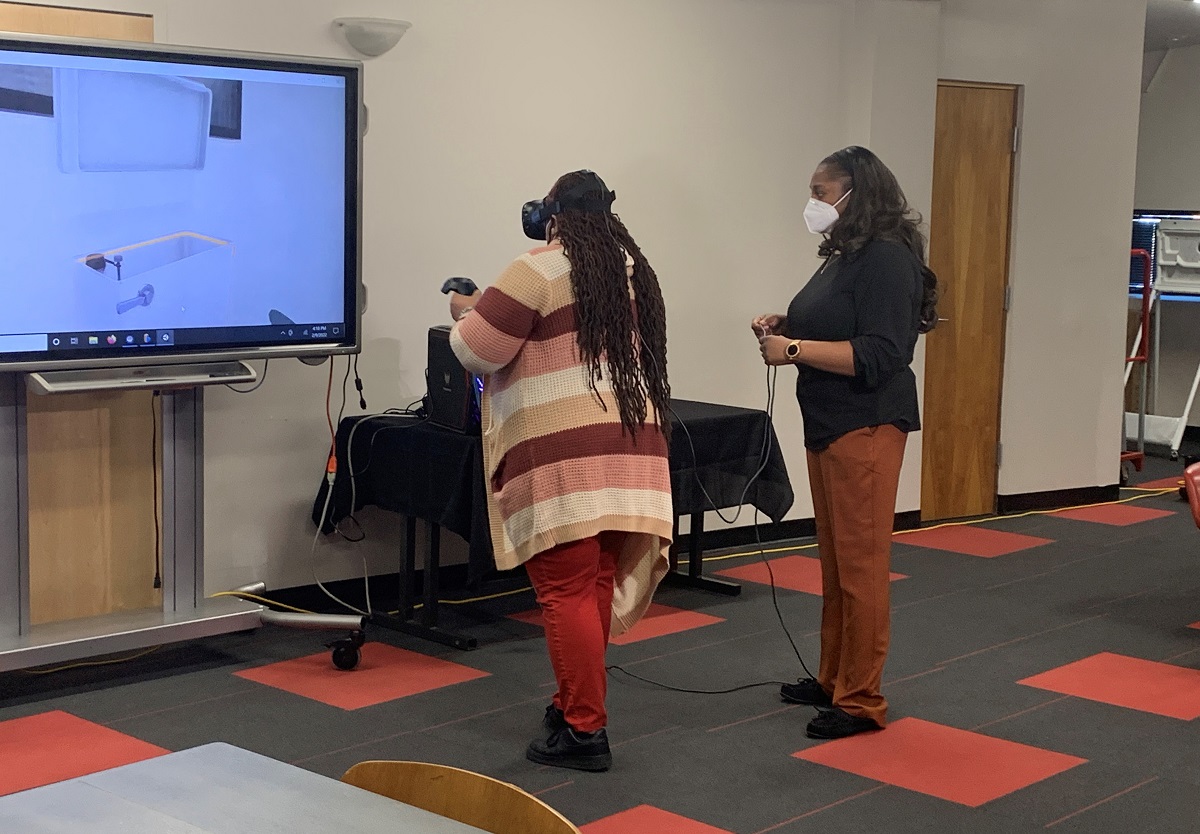Technology
Two and a half years after launch, Books Unbanned has continued to grow as a vital resource for people in schools and communities where book challenges otherwise put content out of reach.
The U.S. Federal Communications Commission (FCC) on July 18 voted to allow libraries and schools to use funding from the federal E-rate program to purchase Wi-Fi hotspots for lending. A component of FCC Chair Jessica Rosenworcel’s Learn Without Limits proposal—which was announced at the American Library Association’s (ALA) 2023 Annual Conference in Chicago—integration of hotspots into the program was aimed at responding to increasing connectivity needs and modernizing the E-rate program.
Anyone who is attending this year’s American Library Association (ALA) Annual Convention in San Diego hoping to hear more about artificial intelligence (AI) and its impact on libraries has not been disappointed. “Breaking Boundaries: Harnessing the Power of Artificial Intelligence and ChatGPT to Transform Library Services,” one of the earliest panels on Saturday morning, was presented to a full house—five conjoined rooms with every seat taken.
Visser's work on E-Rate policy and technology equity has been a game-changer for communities across the country, including in tribal libraries, where she helped improve access to broadband.
Most libraries don’t own their own ebooks. This shouldn’t come as a surprise to LJ readers, yet it’s a statement that continues to confound elected officials and administrators who get an astounding amount of say in how much money public and academic libraries are allotted. This is one of the reasons I, along with my coauthors Sarah Lamdan, Michael Weinberg, and Jason Schultz at the Engelberg Center on Innovation Law & Policy at New York University Law, published our recent report, The Anti-Ownership Ebook Economy: How Publishers and Platforms Have Reshaped the Way We Read in the Digital Age.
The Georgia Public Library Service (GPLS) has distributed more than 7,000 Chromebooks and 2,800 Launchpad tablets to libraries throughout the state with the help of $2.3 million provided by the Governor’s Emergency Education Relief (GEER) fund via the federal Coronavirus Aid, Relief, and Economic Security Act.
The National Digital Inclusion Alliance (NDIA) in September announced that Pottsboro Library in Texas was one of 18 organizations that will be part of the National Digital Navigator Corps. Supported by a $10 million investment from Google.org, the new program will enable institutions serving rural and Tribal communities to hire, train, and support a digital navigator to help residents of those communities gain access to the internet, devices, and digital skills training.
The Las Vegas–Clark County Library District, in partnership with the Nevada Homeless Alliance and the Nevada Partnership for Homeless Youth, this spring launched a successful cell phone lending program to provide smartphones to people experiencing homelessness.
Georgia’s Clayton County Library System has launched a new job training program that enables patrons to use virtual reality (VR) headsets to simulate hands-on experiences in various trades including plumbing, commercial and residential HVAC, and even solar panel installation.
ALREADY A SUBSCRIBER? LOG IN
We are currently offering this content for free. Sign up now to activate your personal profile, where you can save articles for future viewing


